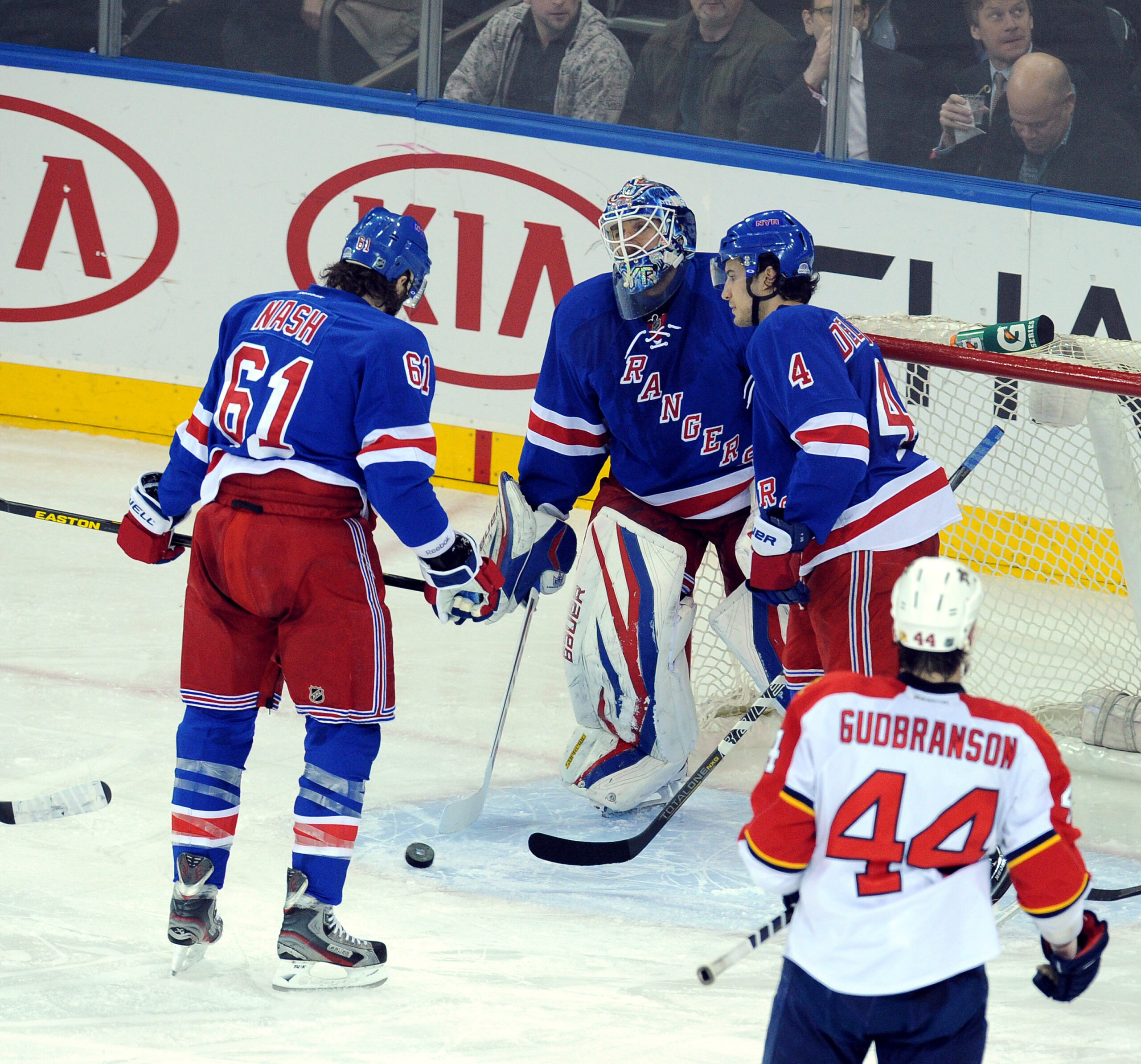TO: questions@psychedonline.org
FROM: SoccerNut148@XXXXX.com
SUBJECT: Success in World Cup
DATE: 6/28/02, 10:12
The success of the United States team in this year’s World Cup indicated to me just ho far we have come as a nation in this sport (although winning the whole thing would have been better). I was also amazed at how far other teams including the host nations’ – Japan and Korea – went in the tournament. While some power house teams like Argentina, Italy and France were knocked out early, it appeared that others exceeded anybody’s expectations and made it quite far in the tournament. Can you think of any reasons why this may have been?
U.S. Soccer Fan
TO: SoccerNut148@XXXXX.com
FROM: questions@psychedonline.org
SUBJECT: Re: Success in World Cup
DATE: 6/29/02, 18:46
Response: I too was glad to see the progress that the U.S team had made over the past several years and watched the tournament with a great deal of enthusiasm. I agree that an appearance in the final would have awesome and would have served notice to the whole world that we are not to be taken lightly as a soccer “power house.” Regarding your question about the reasons why Japan and Korea fared so well in the tournament, I can think of a couple of reasons.
To begin with, it should come as no surprise that when athletes feel supported they tend to do better. Although legions of fans travel great distances to support their teams in the World Cup, the amount of support that these enthusiasts generate can not begin to compare with being in your home country. It should be obvious that the sheer numbers of fans in one’s home country would elevate the play of the two teams to another level. It is no coincidence that the French team won the last tournament since it was held in their country. Although a very talented team, playing at home undoubtedly caused them to play far beyond the expectations of the experts. Similarly, playing in their home countries elevated the play of the Japanese and Korean teams this year.
Another reason, for their unexpected success may be related to the familiarity that they had with their surroundings. Any sport psychologist will tell you that athletes perform best when they have an established pre-competition routine. Being in familiar surroundings would facilitate the use of this pre-competition routine. To a certain extent, this may have been the reason why the U.S team fared so well. Working with a sport psychologist, they developed and used a pre-competition routine consistently thus allowing them to progress further into the tournament. The key to this pre-competition routine is to breed familiarity with a situation which allows individuals to use their athletic abilities to their fullest potential. Although coaches try to establish these routines for their teams, the expertise of a sport psychologist allows it to be implemented with far greater consistency. Look for an article on pre-competition routines in an upcoming issue of Psyched.
Miguel Humara, Ph.D.













